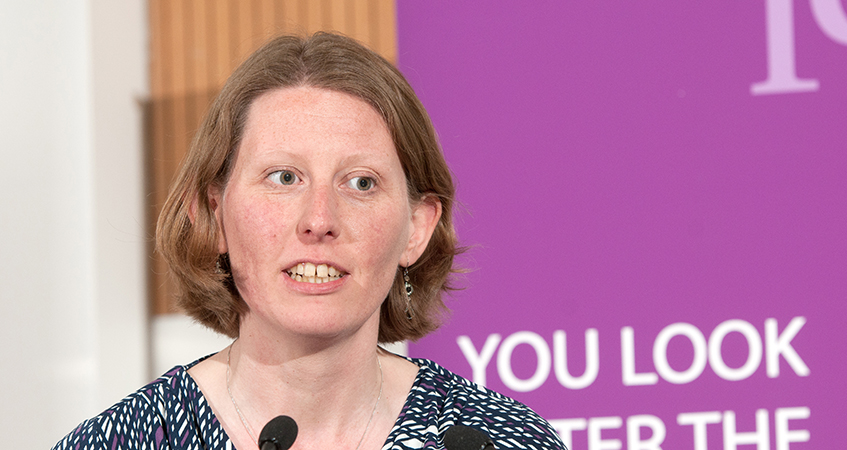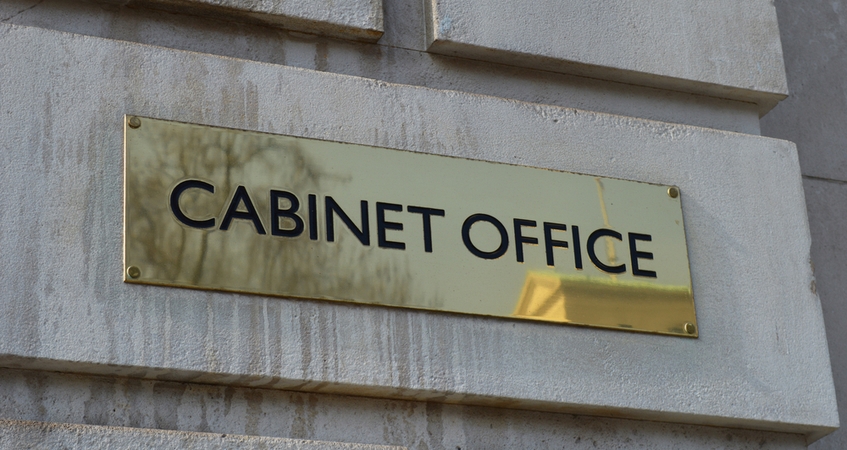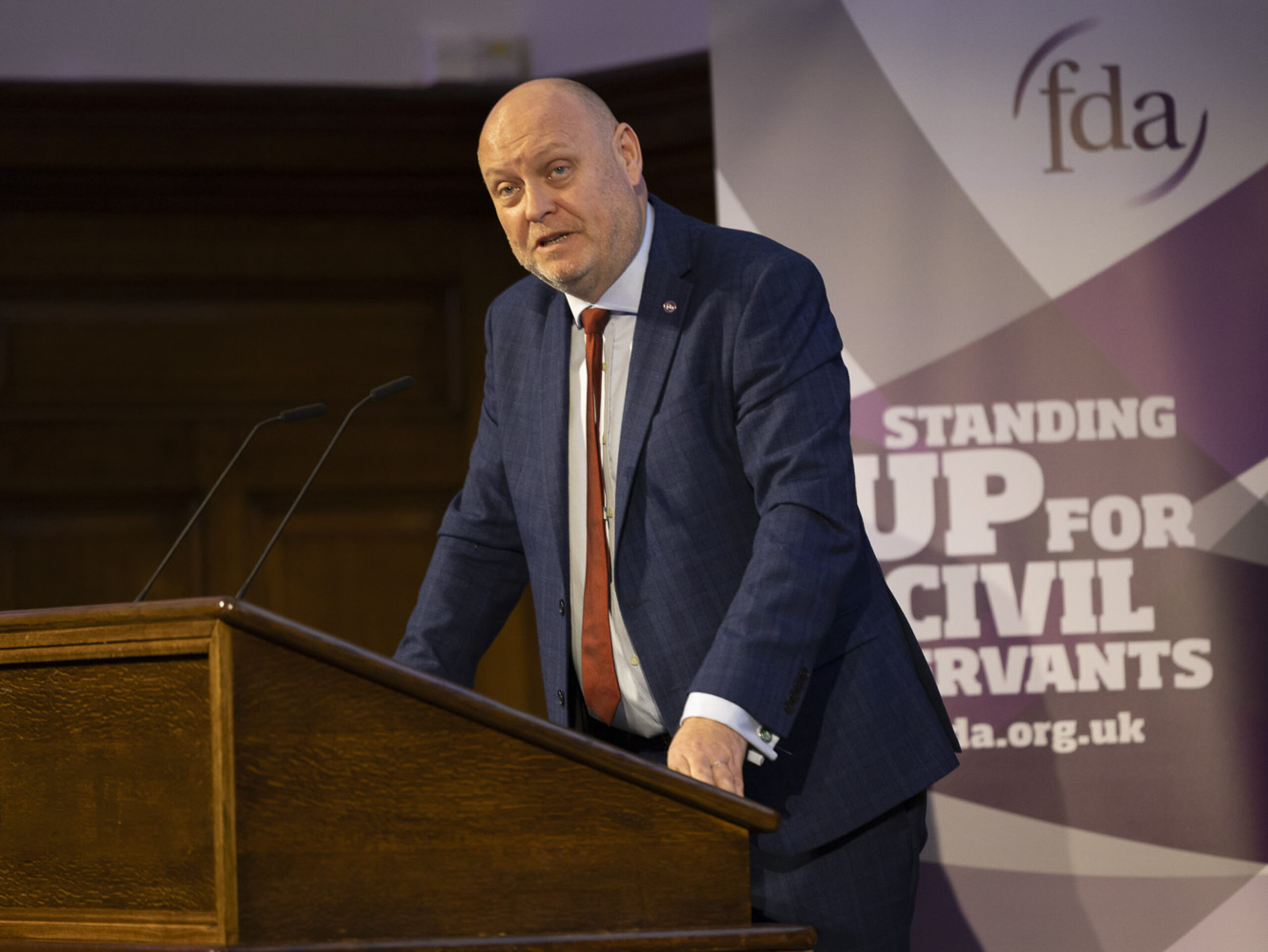Review body calls for a “full overhaul” of SCS pay

The Government has agreed to conduct a formal review of Senior Civil Service (SCS) pay, after the Senior Salary Review Body (SSRB) called for a “full overhaul” of the current system.
The SSRB’s 2017 report recommended the maximum 1% rise for the SCS but warned that the current system has “serious flaws”.
While acknowledging that there was “no evidence of widespread recruitment and retention problems” the review body stressed this “should not be grounds for complacency” as there was a risk that the situation could “deteriorate quickly”.
The report also warned that conversations with senior civil servants had highlighted a “widespread and very deep lack of confidence in the pay system”, and raised concerns that this could demotivate staff and reduce SCS effectiveness.
The FDA’s own survey results, submitted to the SSRB, reflected this widespread dissatisfaction: 92% of SCS members said they weren’t satisfied with current pay arrangements and only 5.6% believed the current reward framework is fit for purpose.
The report criticised the 1% pay cap, saying it made it difficult for the SSRB to “operate effectively”. The review body said its proposal for a formal review of the pay system was its “most important recommendation for the SCS this year” as it believed it “can add more value through advising on a full overhaul of the current system rather than tinkering with the annual distribution of a largely delegated 1% of the pay bill”.
FDA Assistant General Secretary Naomi Cooke welcomed the Government’s “belated acceptance” of the need to review SCS pay but said it should be “abundantly clear” that this could not be achieved within a “1% straightjacket”.
Government figures show that deputy directors in the civil service earn 46% less than their private sector counterparts – a figure which rises to a staggering 71% at director level. Cooke said it was “little wonder” that more than half of those leaving the Senior Civil Service last year blamed pay for their exit.
She explained: “Our members have delivered billions of pounds of savings over the past seven years and now face the most complicated political challenge since the Second World War in the form of Brexit. Yet they’ve been rewarded with rapidly escalating pension costs, ever-greater workloads, and ministerial pressure to deliver with the smallest workforce since 1939.”
Cooke added: “If ministers really want the ‘brightest and best’ staff for the challenges ahead, they must tackle fundamental issues with Senior Civil Service pay. They could start by ditching the 1% cap, ending the divisive practice of paying internal promotes less than the advertised salary, and properly engaging with staff at a time when their expertise will be needed more than ever.”
Related News
-

FDA secures 6.41% pay increase for Fast Streamers
The FDA’s Fast Stream members have voted to accept a pay award for 2025-26 with a 6.41% increase for second year salaries. The deal has been agreed under the Cabinet Office’s annual pay remit guidance process for the first time.
-

Civil service pay award demonstrates government has “failed to grasp the nettle of fundamental reform”
The government has published its Civil Service Pay Remit Guidance alongside a Written Ministerial Statement confirming the government’s decision to accept the recommendations of the SSRB.
-

ADC 2025: Penman says civil servants are “hungry for reform”
At the union’s Annual Delegate Conference delegates heard from guest speakers FDA General Secretary Dave Penman, journalist Lewis Goodall, and Cabinet Office minister Georgia Gould.